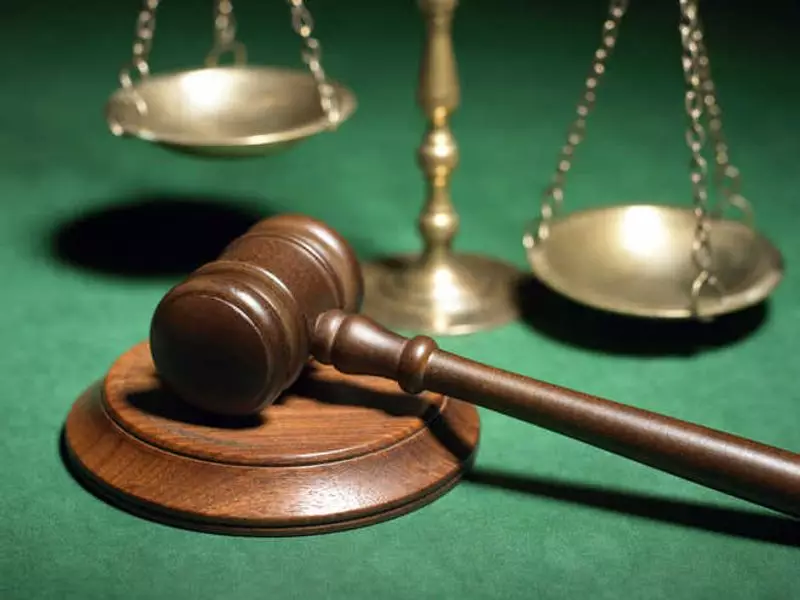
The Punjab and Haryana High Court has taken significant legal action by issuing a formal notice to the Haryana state government regarding a petition that challenges the unauthorized powers exercised by self-styled cow protection groups. This development marks a crucial step toward addressing concerns about extra-judicial activities by vigilante organizations operating in the state.
Legal Challenge Against Vigilante Groups
A division bench comprising Justice GS Sandhawalia and Justice Lapita Banerji acknowledged the seriousness of the petition filed by advocate Chanderhas Yadav. The court has directed the Haryana government to submit its detailed response to the allegations that cow vigilantes are operating beyond their legal authority and engaging in activities that violate established legal procedures.
The petition specifically highlights how these vigilante groups have taken law enforcement into their own hands, conducting vehicle searches, making citizen arrests, and seizing property without any legal sanction. These actions directly contravene the provisions of the Haryana Gauvansh Sanrakshan and Gausamvardhan Act, 2015, which establishes clear protocols for dealing with cattle protection matters.
Specific Allegations and Government Response
The legal challenge brings to light several concerning practices by these groups. According to the petition, vigilantes have been systematically stopping vehicles transporting cattle and subjecting drivers and transporters to harassment and illegal detention. These activities occur without the presence of proper veterinary doctors or authorized officers as required by law.
Furthermore, the petition reveals that these groups have established illegal detention centers where they confine seized cattle and detain individuals without due process. This represents a serious breach of constitutional rights and established legal procedures. The state government now faces the task of justifying its stance on these activities and explaining what measures, if any, it has taken to curb such unauthorized enforcement actions.
Broader Implications and Next Steps
The court's intervention comes at a critical time when concerns about vigilante justice have been rising across the region. The petition argues that allowing such groups to operate outside the legal framework creates a parallel justice system that undermines the rule of law and threatens social harmony.
The High Court has scheduled the matter for further hearing in the second week of January, giving the state government adequate time to prepare its response. This case could potentially set important legal precedents regarding the limits of civilian enforcement activities and the state's responsibility to maintain its monopoly on law enforcement.
Legal experts following the case suggest that the outcome could have far-reaching implications for how cow protection laws are implemented across India. The court's final decision may establish clear boundaries between legitimate citizen concern and illegal vigilante action, potentially reshaping the landscape of animal protection enforcement in the country.





